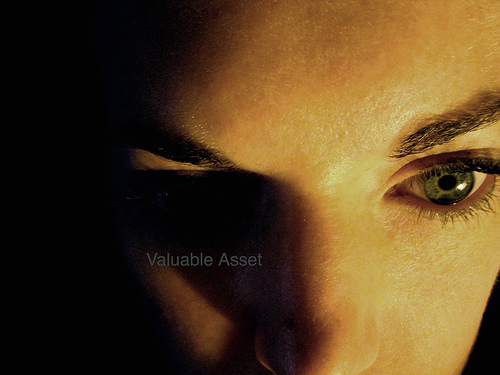 Have you heard of Dr. Meg? Maybe not, but if you’re a teen on MySpace you may have. Interesting research that was first published in the January issue of Archives of Pediatrics & Adolescent Medicine showed that adult supervision of MySape can raise adolescents’ awareness of how accessible their profiles are online.
Have you heard of Dr. Meg? Maybe not, but if you’re a teen on MySpace you may have. Interesting research that was first published in the January issue of Archives of Pediatrics & Adolescent Medicine showed that adult supervision of MySape can raise adolescents’ awareness of how accessible their profiles are online.
To come to this conclusion, Dr. Megan Moreno, a pediatrician and adolescent medicine specialist at the University of Wisconsin-Madison, and fellow researchers, embarked on two separate studies to explore this issue further. Both research studies are to 1) encourage increased parental and adult supervision by family and friends, and 2) to potentially encourage similiar outreach approaches.
Dilemma: To Cross or not to Cross the Ethical Line
The research is very interesting, however, I feel an ethical discussion must be had. I am not saying Moreno’s approach was wrong or right, but I think we should slow down and discuss it further to learn and develop best practices, as well as ethical guidelines, especially since others may adopt this practice towards younger youth.
Headlines have buzzed about “Busybody Dr. Meg,” concluding that this outreach and behavior-change may offer hope to future, similiar methods being implemented by others. To me, I feel there can be high-levels of concerns with a universal application of this approach unless the strategy and concept is stretched. Including, but not limited to – the age those being contacted, how people are being contacted, the language and type of approach involved, the privacy and the stalking-like component, among other items. Additionally, does it matter who, as in which type of organizations embark on this strategy? For example, I can foresee potential problems if adopted by government health agencies and citizens’ concerns over freedom of expression. Curious on others’ thoughts on this! 😉
Background About the Studies
Study 1. For the first, researchers located 190 MySpace public profiles in a single urban ZIP code, randomly selected from 10 U.S. Census areas with the lowest average income because researchers wanted to target adolescents who might have less access to doctors.
All the users involved revealed that they were 18 to 20 years old and their pages included three or more references to sex, drinking, drug use or smoking. Of the 190 profiles selected, half were sent “Dr. Meg” e-mails. After three months, 42% of those getting a “Dr. Meg” e-mail had either set their profiles to “private,” or they had removed both sexual or substance usage references. 29% of those not contacted made changes over the three-month period.
Study 2. In another study, Moreno and other researchers looked at 500 randomly selected MySpace profiles of 18-year-olds nationwide and found that more than half contained references to risky behavior such as sex, drinking and violence.
Your Turn: Crossing the line or a creative cross?
What do you think? I agree that there is a growing issue and concern for online safety and online identity of teens, youth, young adults and people in general, and this is an interesting new development to the field. How can you see this approach being adopted by your organization, or what would be your reaction if you were approached? Am I over-reacting?
photo credit: LoonSky
*********
Liked what you read? Feel free to share with others: 
 This is a big question–I realize that. As, you could dedicate a whole blog to the topic. For the sake of this post, the key point I want to share is:
This is a big question–I realize that. As, you could dedicate a whole blog to the topic. For the sake of this post, the key point I want to share is:

